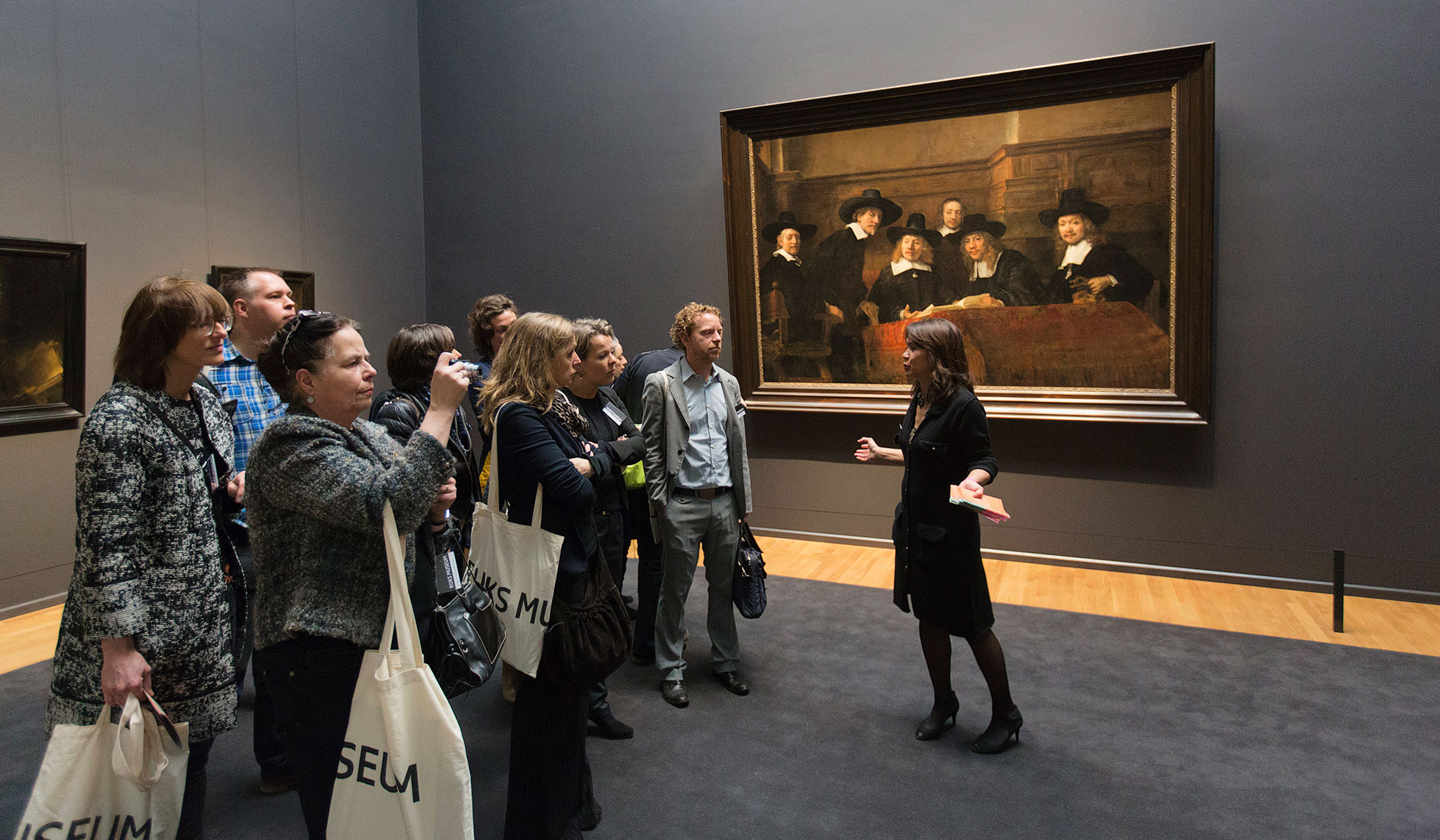


How and where did the system of economic liberalism commonly called capitalism begin?
In this insightful book review, Professor Edward Stringham presents the case that it developed in the Netherlands as a result of the commercial imperative of respecting those you deal with.
The book is Pioneers of Capitalism by Maarten Prak and Jan Luiten. Here’s a slice from Stringham’s review:
The Netherlands was never entirely free from government. But through diligence, the Dutch eventually won various freedoms. In the early 13th century, a man from Friesland, in northern Holland, wrote that his region enjoyed “such great freedom that neither the bishop nor his henchman could rob us of even a chicken.” Friesland “is rich in freedom, which applies equally to the poor and the wealthy (an invaluable asset), and is prosperous,” he added.
Liberty and secure property rights — two crucial ingredients.
The way Stringham begins is quite amusing:
Before writing this review, I asked Microsoft Bing: “When was capitalism invented?” Bing said: “1776.” Then I turned to Google: “What was the first capitalist country?” Google’s answer: “Great Britain.” I then asked the chatbot Lia27, “Was a strong state necessary to back the formation of capitalism?” It replied: “Yes, strong states are necessary to provide the infrastructure and legal framework that allows capitalism to thrive. Without a strong state, it would be difficult for businesses to operate and for markets to function efficiently.”
These answers are neat, clean, and wrong.
Don’t rely on AI for information. Do rely on liberty and property for economic progress.
Hat tip: Don Boudreaux
